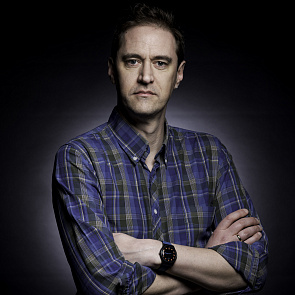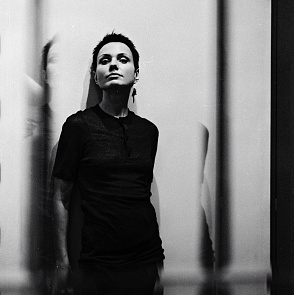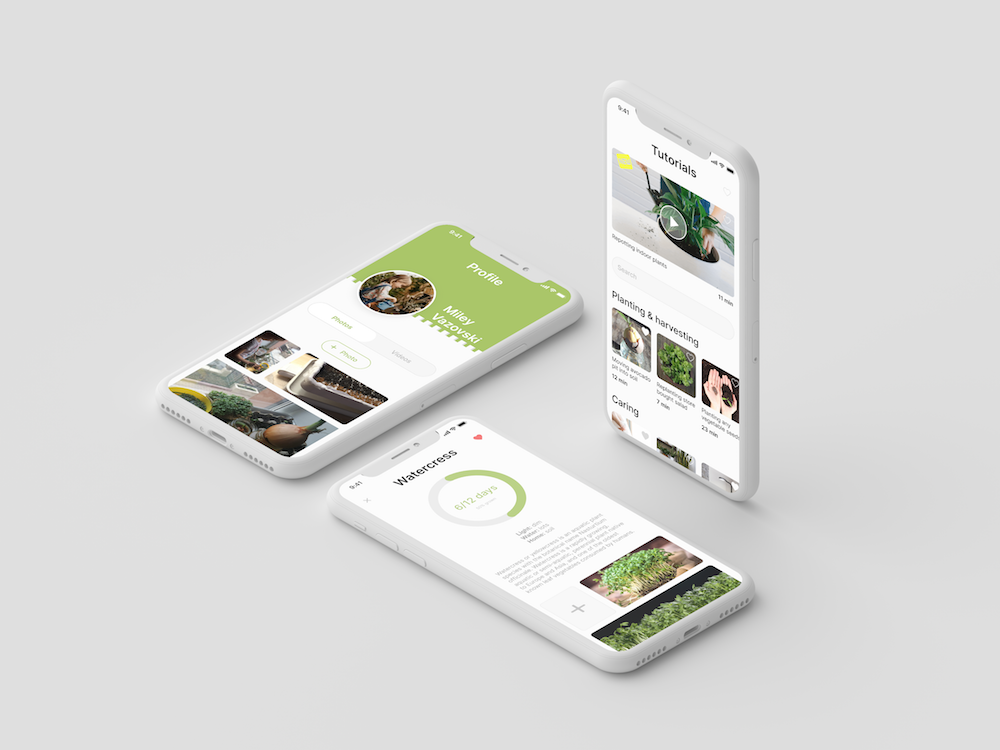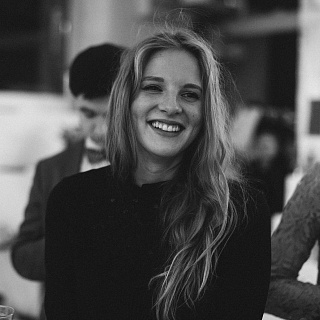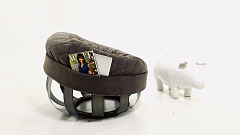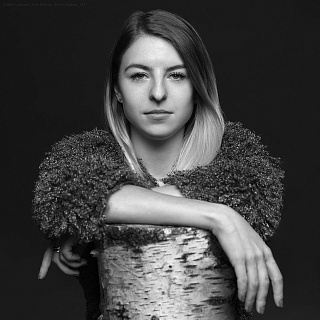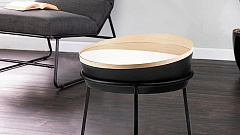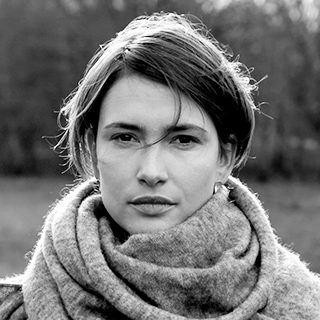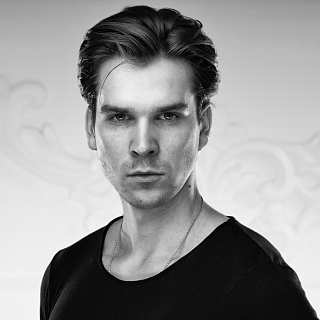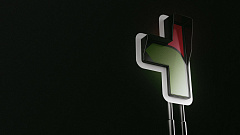Multiland
About the course
The enrollment will open in Spring 2022.
Product Design is the design of everyday objects and their supporting services with a particular accent given to their relevance, usefulness and functionality. Product Design is simply “everything” surrounding us and because of that the range of necessary competences is very wide, ranging from understanding materials, production techniques, economical issues, end users and sustainability. Our approach is centred around user needs, where issues surrounding everyday manufactured products and services are developed and explored.
The programme has been running since 2006 and ever since the main scope of the course has been related to provide a relevant international experience in thinking globally and acting locally (in Russia), with a correct balance of technical abilities and design thinking skills. The course has constantly managed to evolve by proposing new contents in a way to stay up with the challenges of the time (and the future), cross matching, sometimes, with other disciplines like futurology or interface design. It investigates the cultural, technical and commercial factors which influence the development of innovative new products, and it introduces the creative and professional strategies which underpin design. The course includes branding and methods of identifying consumer needs and aspirations as an approach to creating the right product.
Studies focus on human centred design, design thinking and collaboration and we work with business communities both in Russia and abroad. Students are involved in live projects at all levels, which are implemented for real clientss. The school cooperates with well known companies, including Asus, SEAT, Adobe, Sony, Hewlett-Packard, Light Technologies, SCA Tissue Europe, Rolsen Electronics, Daimler Chrysler and many more.
Britanka Degree Show 2022
Product Design is the design of everyday objects and their supporting services with a particular accent given to their relevance, usefulness and functionality. Product Design is simply “everything” surrounding us and because of that the range of necessary competences is very wide, ranging from understanding materials, production techniques, economical issues, end users and sustainability. Our approach is centred around user needs, where issues surrounding everyday manufactured products and services are developed and explored.
The programme has been running since 2006 and ever since the main scope of the course has been related to provide a relevant international experience in thinking globally and acting locally (in Russia), with a correct balance of technical abilities and design thinking skills. The course has constantly managed to evolve by proposing new contents in a way to stay up with the challenges of the time (and the future), cross matching, sometimes, with other disciplines like futurology or interface design. It investigates the cultural, technical and commercial factors which influence the development of innovative new products, and it introduces the creative and professional strategies which underpin design. The course includes branding and methods of identifying consumer needs and aspirations as an approach to creating the right product.
Studies focus on human centred design, design thinking and collaboration and we work with business communities both in Russia and abroad. Students are involved in live projects at all levels, which are implemented for real clientss. The school cooperates with well known companies, including Asus, SEAT, Adobe, Sony, Hewlett-Packard, Light Technologies, SCA Tissue Europe, Rolsen Electronics, Daimler Chrysler and many more.
Britanka Degree Show 2022
What makes the programme unique
Programme Structure
Year 1: Modules
The student experience is focused on developing the basic design ‘toolbox’ skills required by product design students. Students will become familiar with design practices and processes including visual language, design and communication, materials, techniques, vision, function, construction, production, decision-making and challenges. Students will develop drawing, computer, workshop and presentation skills through focused project activity. A module in critical and cultural studies will enable the students to develop study skills and gain a broader knowledge of relevant cultural and historical matters.
Core modules:
Core modules:
- Introduction to Core Design Skills
- Introduction to Design Principles
- Professional Design Studio
- Design Theory (L4)
Year 2: Modules
Practical work in workshops and implementation of companies’ projects allow students to improve understanding of the methods which are used by professionals as well as to expand their knowledge and improve professional skills. The implementation of projects helps to develop their own ideas and identify their advantages, while practical training incorporates current product design practices and the opportunity to interact with the professional community.
Core modules:
Core modules:
- Core Design Skills (2)
- Design Principles (PID)
- Professional Design Studio (2)
- Design Theory (L5)
Year 3: Modules
During their final year leading to the degree of Bachelor of Arts students can study either in Moscow or in the UK depending on their choice.
This year is designed to prepare the student for the world of work. It focuses on developing and consolidating key skills and provides the student with opportunities to work on external projects. During their third year, students improve their communication and presentation skills, actively participating in various competitions; they write degree essay along with project-related activities. The degree project combines accumulated experience, so graduates can demonstrate their achieved level.
Core modules:
This year is designed to prepare the student for the world of work. It focuses on developing and consolidating key skills and provides the student with opportunities to work on external projects. During their third year, students improve their communication and presentation skills, actively participating in various competitions; they write degree essay along with project-related activities. The degree project combines accumulated experience, so graduates can demonstrate their achieved level.
Core modules:
- Major Degree Project (PID)
- Professional Design Studio (3)
- The Degree Essay (L6)
Tutors
Teachers
Student works


Call for emotional awareness

Coplayer: communication player
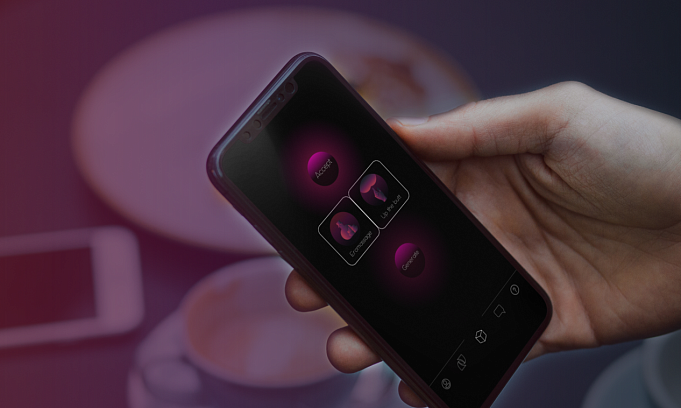
INCUB
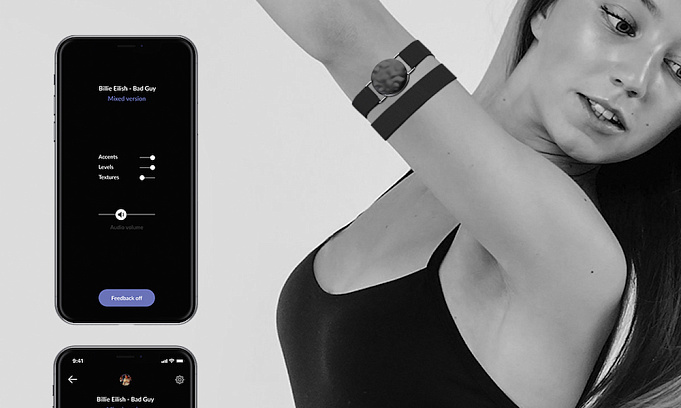
N’Boom
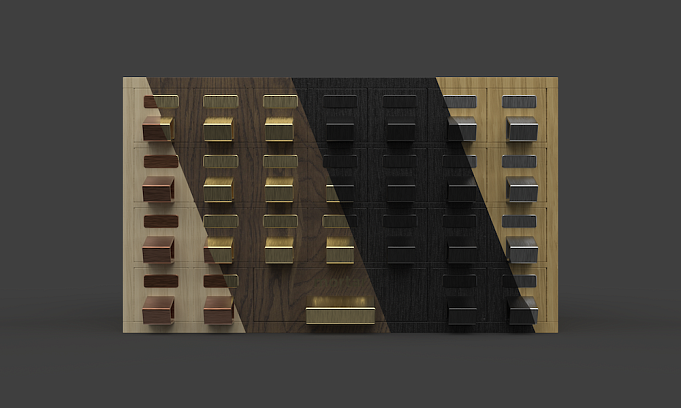
Spice + Mortar
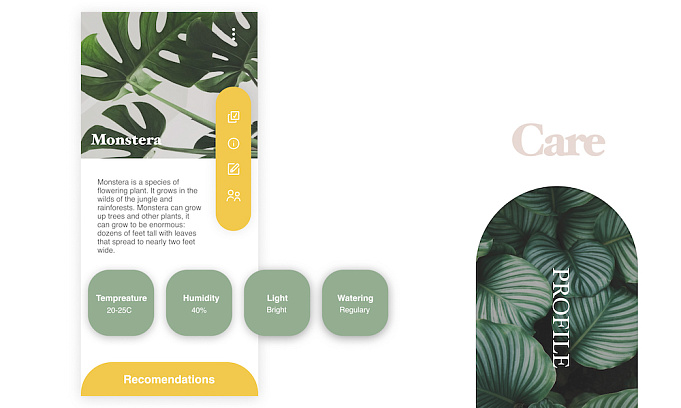
Home jungle

Greencastle
How to apply
01
Required level of English
IELTS band 6.0 (or equivalent certificate). Along with the IELTS results, the following certificates are also accepted:
- CAE (Certificate in Advanced English);
- FCE (First Certificate in English).
If a prospective student does not have an IELTS certificate of the required level but successfully passed BHSAD English test as part of BHSAD entrance exams, he/she needs to obtain an IELTS certificate before the start of the first semester on Year 1.
- CAE (Certificate in Advanced English);
- FCE (First Certificate in English).
If a prospective student does not have an IELTS certificate of the required level but successfully passed BHSAD English test as part of BHSAD entrance exams, he/she needs to obtain an IELTS certificate before the start of the first semester on Year 1.
02
Required portfolio
The range of work in your portfolio should cover a broad spectrum of media, materials and approaches. Projects may be submitted in different disciplines including but not limited to graphics, drawing, painting, textile, photography, decorative art, design, web-design, animation.
First of all, the admission committee would like to see how you can generate and develop your ideas; that is why, besides finished projects, the portfolio should also include notebooks with sketches, sketchbooks, written works (articles, essays, if any). Please try to present examples of the best and most recent projects which reflect your creative abilities.
Your portfolio needs to be printed (А3 format or larger). Animation and CG works should be presented on CDs or memory sticks. It advisable to show photographs of large works which otherwise would be difficult to transport.
First of all, the admission committee would like to see how you can generate and develop your ideas; that is why, besides finished projects, the portfolio should also include notebooks with sketches, sketchbooks, written works (articles, essays, if any). Please try to present examples of the best and most recent projects which reflect your creative abilities.
Your portfolio needs to be printed (А3 format or larger). Animation and CG works should be presented on CDs or memory sticks. It advisable to show photographs of large works which otherwise would be difficult to transport.
03
Interview procedure
Prospective students will be asked questions regarding their education and professional background in order to make a final decision about admission on to the course. Please be ready to tell the interview panel about yourself, your design experience and projects in your portfolio.
You may be asked about the history of creation of a particular work and the context of its creation. The panel may ask you about well-known designers to learn about the influence of creative activities of other designers and artists on you, the reason why you follow them and the main incentive for your development in terms of your occupation.
You may be asked about the history of creation of a particular work and the context of its creation. The panel may ask you about well-known designers to learn about the influence of creative activities of other designers and artists on you, the reason why you follow them and the main incentive for your development in terms of your occupation.
Cost and terms of payment
Cost and terms of payment
625 000 ₽ per year
Payment by installments is possible
Payment by installments is possible
Success stories
FAQ
What is the language of delivery?
The education at BHSAD is provided by an international team of lecturers but the working language is always English for our British programmes.
